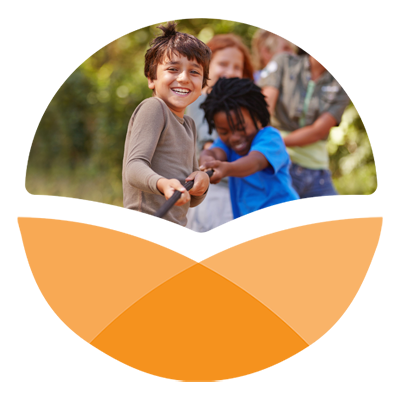
Train with Us
Presentations & Workshops
The HOPE team offers in-person and virtual presentations and workshops to teach participants about positive childhood experiences, the science of HOPE, the evidence-informed Building Blocks of HOPE, how to translate HOPE into practice, and more. You can request a variety of options based on activities, topics covered, duration, and speakers.
Online Course Hub
The Online Course Hub offers interactive online courses about the HOPE framework and how to implement HOPE-informed practice into work with children and families. Upon completion, you can receive a certification of completion or continuing education credits. Take courses on your own or as an organization to train teams or groups of staff members.
Individualized Training
The HOPE team provides individualized training and technical assistance on specific, deeper-level topics of HOPE implementation. Both staff and organizational leadership can engage in training workshops on a topic(s). In addition to completing the workshops, you can work directly with the HOPE team to implement HOPE in the topic(s) covered in your training.
Certification Programs
The HOPE National Resource Center offers four certification levels that progressively train individuals and organizations to practice the HOPE framework in their community. HOPE Train the Facilitator, HOPE Champion, and HOPE Faculty Trainer are individual-level certification programs. The HOPE-Informed Organizational Certification program is a long-term process for organizations.
Opportunities for Students
The faculty and staff at the HOPE National Resource Center are committed to both undergraduate and graduate education and have capacity to host students during the fall, spring, and summer terms. The HOPE team offers a wide variety of opportunities for students including quantitative and qualitative research projects, evaluation design and implementation as well as updating and creating new HOPE resources and assisting with policy analyses.
